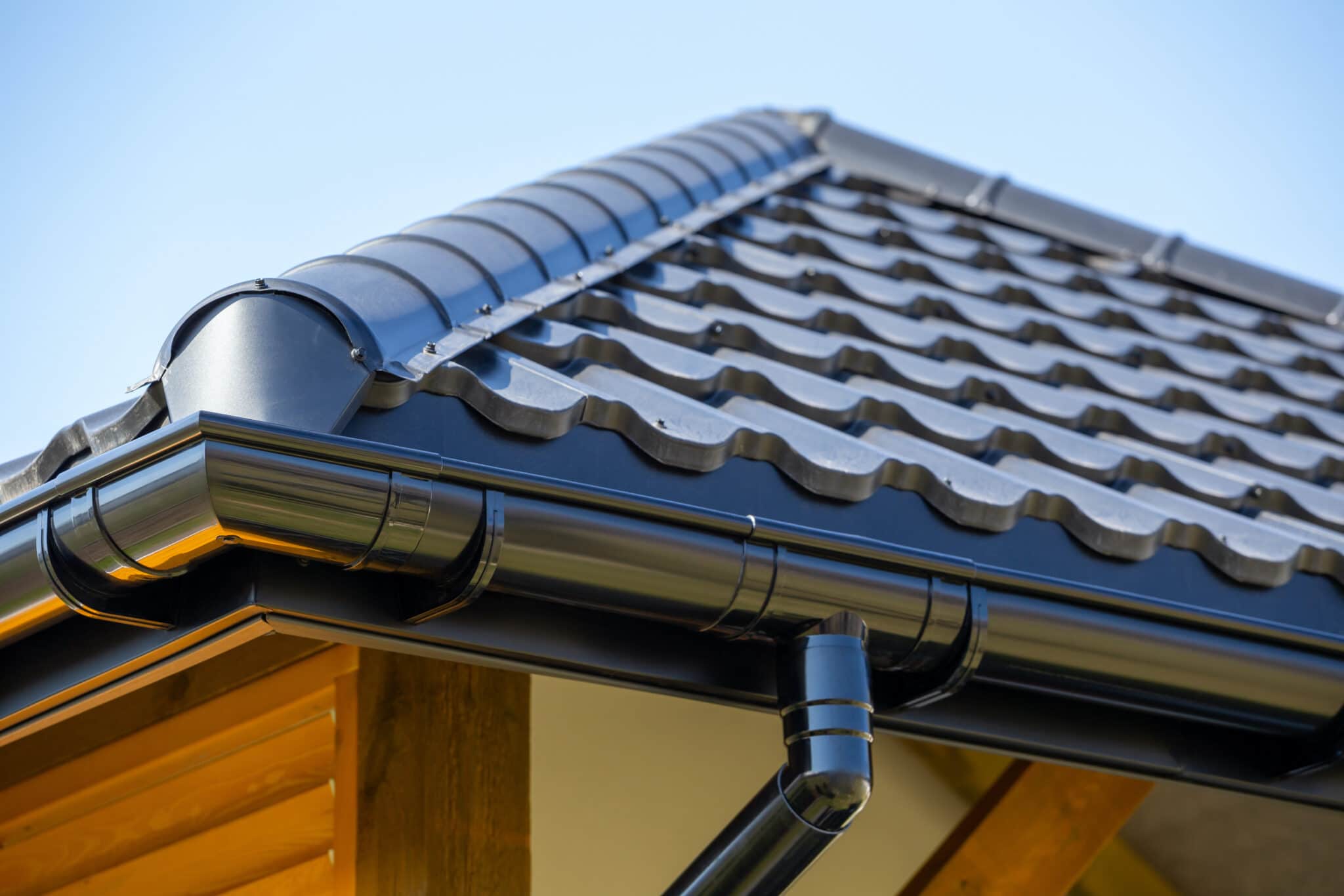

Articles
How Much Do Gutters Cost
Modified: October 18, 2024
Find out how much gutters cost with our informative articles. Get expert tips on gutter installation and maintenance.
(Many of the links in this article redirect to a specific reviewed product. Your purchase of these products through affiliate links helps to generate commission for Storables.com, at no extra cost. Learn more)
Introduction
Gutters play a vital role in protecting your home from water damage by channeling rainwater away from the foundation. However, when it comes to installing or replacing gutters, one of the first questions that comes to mind is “How much do gutters cost?” The cost of gutters can vary depending on several factors, including the type of gutters, the materials used, and whether you choose to install them yourself or hire a professional.
In this article, we will delve into the various factors that affect the cost of gutters, the different types of gutters available, the cost of different gutter materials, and additional costs to consider. We will also discuss whether you should opt for a DIY installation or hire a professional. So, let’s get started and explore the fascinating world of gutter costs!
Key Takeaways:
- Factors such as house size, gutter material, and installation complexity influence gutter costs. Careful consideration of these factors helps in making an informed decision and budgeting effectively for gutter installation or replacement.
- Choosing the right gutter material, factoring in additional costs, and weighing DIY versus professional installation options are crucial steps in planning for gutter projects. Investing in quality gutters is an investment in the protection and longevity of your home.
Read more: How Much Do 6 Inch Gutters Cost
Factors that Affect Gutter Costs
Several factors contribute to the overall cost of gutters. By understanding these factors, you can make an informed decision and budget accordingly. Here are the key factors that affect the cost of gutters:
- Size of the House: The size of your house plays a significant role in determining the number and length of gutters required. Larger houses typically require more extensive gutter systems, which can increase the overall cost.
- Type of Gutter Material: The material you choose for your gutters is another crucial factor. Different materials have different costs and durability. Common gutter materials include aluminum, vinyl, copper, and galvanized steel.
- Style of Gutters: Gutters come in various styles, such as K-style, half-round, and box gutters. The style you choose can impact the cost. K-style gutters are the most popular choice due to their functionality and affordability.
- Gutter Guards or Screens: Gutter protection systems like gutter guards or screens can help prevent debris from clogging the gutters. While they add to the upfront cost, they can save you money on maintenance in the long run.
- Accessibility: The complexity of the installation process can affect the cost of gutters. If your house has multiple stories or difficult-to-reach areas, it may require additional labor and equipment, thus increasing the cost.
- Local Labor and Material Costs: The cost of gutters can also vary based on your location. Labor and material costs can differ from one region to another, impacting the total cost.
Keep in mind that these factors can interact with each other, ultimately influencing the final price. It’s essential to consider each factor in relation to your specific requirements and budget constraints.
Types of Gutters
When it comes to gutters, there are several types to choose from, each with its unique features and aesthetic appeal. Understanding the different types of gutters can help you make an informed decision. Here are the most common types of gutters:
- K-Style Gutters: K-style gutters are the most popular choice for residential properties. They have a flat bottom and angled sides that resemble the letter “K.” These gutters can hold more water compared to round gutters and blend well with modern home designs.
- Half-Round Gutters: Half-round gutters have a semi-circular shape and are often used in historic or traditional-style homes. These gutters are visually appealing and have a smooth flow of water, which helps prevent clogging.
- Box Gutters: Box gutters, also known as square gutters, are typically installed on commercial buildings or large residential properties. They have a rectangular shape and are designed to handle heavy rainfall and large amounts of water.
- Fascia Gutters: Fascia gutters are a type of gutter system that is integrated into the fascia board of the house. They have a sleek and streamlined appearance, as the gutter is hidden behind the fascia. Fascia gutters are especially popular in contemporary home designs.
- Seamless Gutters: Seamless gutters are custom-made on-site, ensuring a perfect fit for your home. Unlike traditional gutters that come in pre-cut sections, seamless gutters are formed from a continuous piece of gutter material. This eliminates the risk of leaks caused by seams.
Each type of gutter has its own advantages and considerations, such as cost, durability, and maintenance requirements. Consider the style of your home, climate conditions, and personal preferences when choosing the right type of gutter for your property.
Cost of Different Gutter Materials
The choice of gutter material plays a significant role in determining the overall cost of your gutter installation or replacement. Here is a breakdown of the cost range for different gutter materials:
- Aluminum Gutters: Aluminum gutters are the most common and affordable option for homeowners. The cost of aluminum gutters typically ranges from $5 to $10 per linear foot, depending on the gauge and thickness of the material.
- Vinyl Gutters: Vinyl gutters are another cost-effective choice. They are lightweight, easy to install, and resistant to rust and corrosion. The price range for vinyl gutters is roughly $3 to $5 per linear foot.
- Copper Gutters: Copper gutters are known for their distinctive look and durability. They age gracefully and add a touch of elegance to any home. However, copper gutters are more expensive, with prices averaging around $15 to $25 per linear foot.
- Galvanized Steel Gutters: Galvanized steel gutters are sturdy and can withstand extreme weather conditions. They have a protective zinc coating that prevents rust. The cost of galvanized steel gutters ranges from $8 to $15 per linear foot.
- Stainless Steel Gutters: Stainless steel gutters are highly durable and resistant to corrosion. However, they come with a higher price tag. Stainless steel gutters can cost between $20 to $30 per linear foot.
It’s important to note that these cost ranges are estimates and can vary based on factors such as the geographic location, gutter size, and any additional features or accessories you choose to add.
When considering the cost, it’s also crucial to think about the long-term value of your investment. While certain materials may have a higher upfront cost, they may offer increased durability and require less maintenance, potentially saving you money in the long run.
When considering the cost of gutters, it’s important to factor in the material, length, and installation. Seamless aluminum gutters typically cost between $5 to $10 per linear foot, while copper gutters can range from $15 to $25 per linear foot. Installation costs will vary depending on the complexity of the job and the contractor’s rates. It’s best to get multiple quotes from reputable professionals to ensure you’re getting a fair price.
Additional Costs to Consider
When budgeting for gutter installation or replacement, it’s important to consider the additional costs that may arise. These costs can vary depending on your specific circumstances and requirements. Here are some common additional costs to keep in mind:
- Downspouts: Downspouts are an essential component of the gutter system, as they direct the water flow away from your home’s foundation. The number and size of downspouts needed will depend on the size of your house and the amount of rainfall in your area. Additional downspouts can increase the overall cost.
- Gutter Guards or Screens: Gutter guards or screens are optional but can be beneficial in preventing debris from clogging your gutters. While they add to the upfront cost, they can save you time and money on gutter maintenance in the long run.
- Fascia or Soffit Repair: If your existing fascia or soffit boards are damaged, rotten, or in need of repair, it’s important to address these issues before installing new gutters. Budgeting for any necessary repairs or replacements can add to the overall cost.
- Professional Installation: While DIY installation is an option for some homeowners, hiring a professional gutter installation company ensures proper installation and minimizes the risk of future problems. Professional installation can come with an additional cost, but it provides peace of mind and saves you time and effort.
- Permitting and Inspection Fees: Depending on your local regulations, you may need to obtain permits and undergo inspections for your gutter installation. These fees can vary and should be factored into your overall budget.
It’s important to carefully assess your specific needs and consult with professionals to determine the potential additional costs involved in your gutter project. By accounting for these costs upfront, you can avoid any surprises and ensure the successful completion of your gutter installation or replacement.
Read more: How Much Do Seamless Gutters Cost Per Foot
DIY vs. Professional Installation
When it comes to gutter installation or replacement, one important decision to make is whether to tackle the project yourself or hire a professional. Both options have their advantages and considerations. Let’s explore the pros and cons of DIY and professional gutter installation:
DIY Installation:
- Cost Savings: One of the main reasons homeowners choose to install gutters themselves is to save money on labor costs. DIY installation eliminates the need to hire professionals, potentially reducing the overall project cost.
- Sense of Accomplishment: Successfully completing a home improvement project on your own can give you a sense of pride and accomplishment. It’s a chance to showcase your skills and take ownership of the project.
- Flexibility: DIY installation allows you to work on your own schedule and at your own pace. You have control over every aspect of the installation process and can make adjustments as needed.
- Learning Experience: Taking on a DIY gutter installation can be a valuable learning experience. You can gain knowledge about your home’s structure, the components of the gutter system, and proper installation techniques.
However, it’s essential to consider the potential disadvantages of DIY installation:
- Time and Effort: Installing gutters requires time, effort, and physical labor. It can be a challenging and time-consuming process, especially if you have minimal experience with home improvement projects.
- Limited Expertise: Unless you have experience in gutter installation, there may be a learning curve involved. Lack of expertise can result in mistakes or improper installation, leading to future issues and costly repairs.
- Warranty: If you install the gutters yourself, you may not have the same warranty coverage as you would with professional installation. This can leave you responsible for any issues or repairs that may arise in the future.
Professional Installation:
- Expertise and Experience: Hiring professionals ensures that your gutters are installed correctly and efficiently. They have the necessary skills and experience to handle the installation process, ensuring optimal performance and longevity.
- Saves Time and Effort: Professional installers have the proper tools, equipment, and knowledge to complete the installation quickly and efficiently. This saves you time and spares you the physical labor involved in the project.
- Warranty and Quality Assurance: Many professional gutter installation companies offer warranties on their workmanship and materials. This provides peace of mind, knowing that any future issues will be addressed by the professionals.
- Permits and Regulations: Professionals are familiar with local regulations and permitting requirements. They can handle the necessary paperwork and ensure compliance with building codes.
However, it’s important to consider the potential drawbacks of professional gutter installation:
- Higher Cost: Professional installation comes with a higher upfront cost compared to a DIY project. You will need to budget accordingly and consider the long-term value and peace of mind that professional installation provides.
- Less Control: When you hire professionals, you will have less control over the installation process. You will need to trust their expertise and communicate your needs and preferences clearly.
Ultimately, the decision between DIY and professional installation depends on your comfort level, time availability, budget, and the complexity of the gutter installation project. Assess your capabilities and consider consulting with professionals to make an informed decision that best suits your needs.
Conclusion
Understanding the factors that affect gutter costs is crucial when it comes to planning for gutter installation or replacement. The size of your house, the type of gutter material, and additional features like gutter guards or screens all contribute to the overall cost. By considering these factors and weighing the pros and cons of DIY versus professional installation, you can make an informed decision that meets your budget and specific needs.
When it comes to gutter materials, options like aluminum, vinyl, copper, galvanized steel, and stainless steel offer different price ranges and durability. It’s important to choose a material that suits your aesthetic preferences, climate conditions, and long-term maintenance requirements.
Additionally, it’s crucial to factor in any additional costs such as downspouts, gutter guards or screens, potential fascia or soffit repairs, as well as permitting and inspection fees. Planning for these costs ensures that you have a comprehensive budget that covers all aspects of your gutter project.
Ultimately, whether you choose to install gutters yourself or hire a professional, it’s important to consider the trade-offs. While DIY installation can save you money, it requires time, effort, and expertise. Professional installation, on the other hand, provides expertise, warranty coverage, and peace of mind, albeit at a higher cost.
By carefully considering all these factors, you can make an informed decision about gutter installation or replacement that meets both your budget and functionality needs. Remember, investing in quality gutters is an investment in the protection and value of your home, ensuring its structural integrity and longevity for years to come.
Frequently Asked Questions about How Much Do Gutters Cost
Was this page helpful?
At Storables.com, we guarantee accurate and reliable information. Our content, validated by Expert Board Contributors, is crafted following stringent Editorial Policies. We're committed to providing you with well-researched, expert-backed insights for all your informational needs.
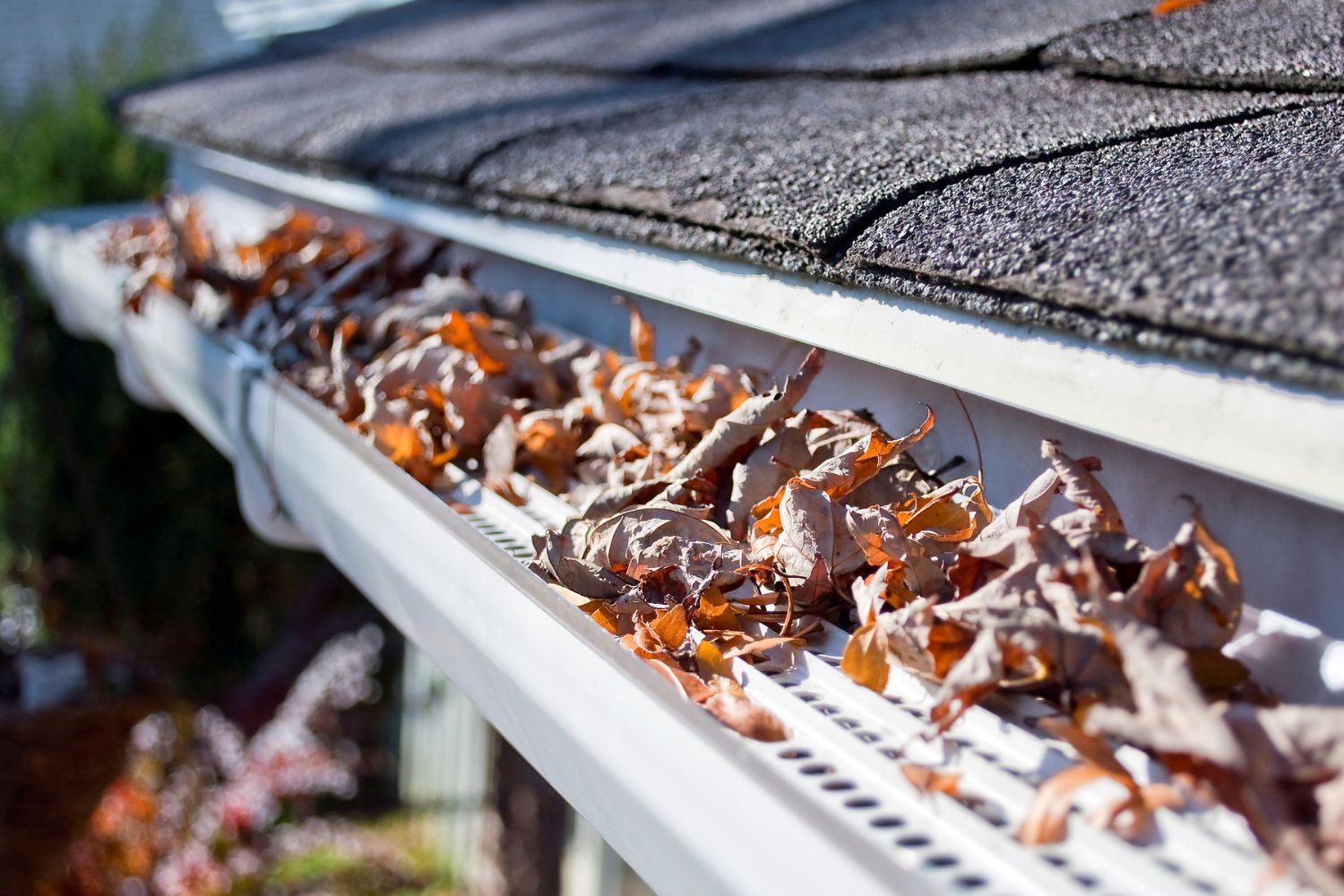
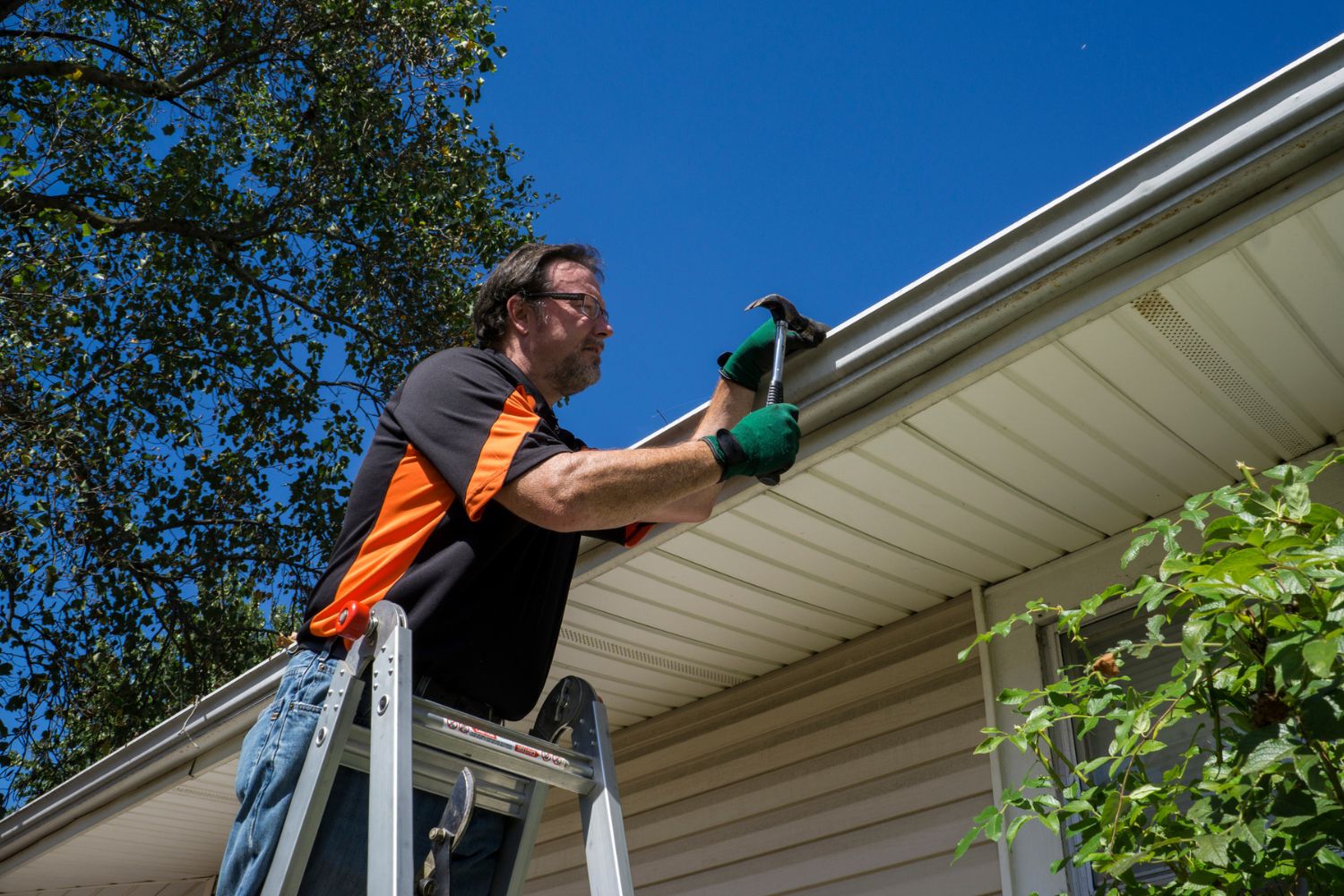
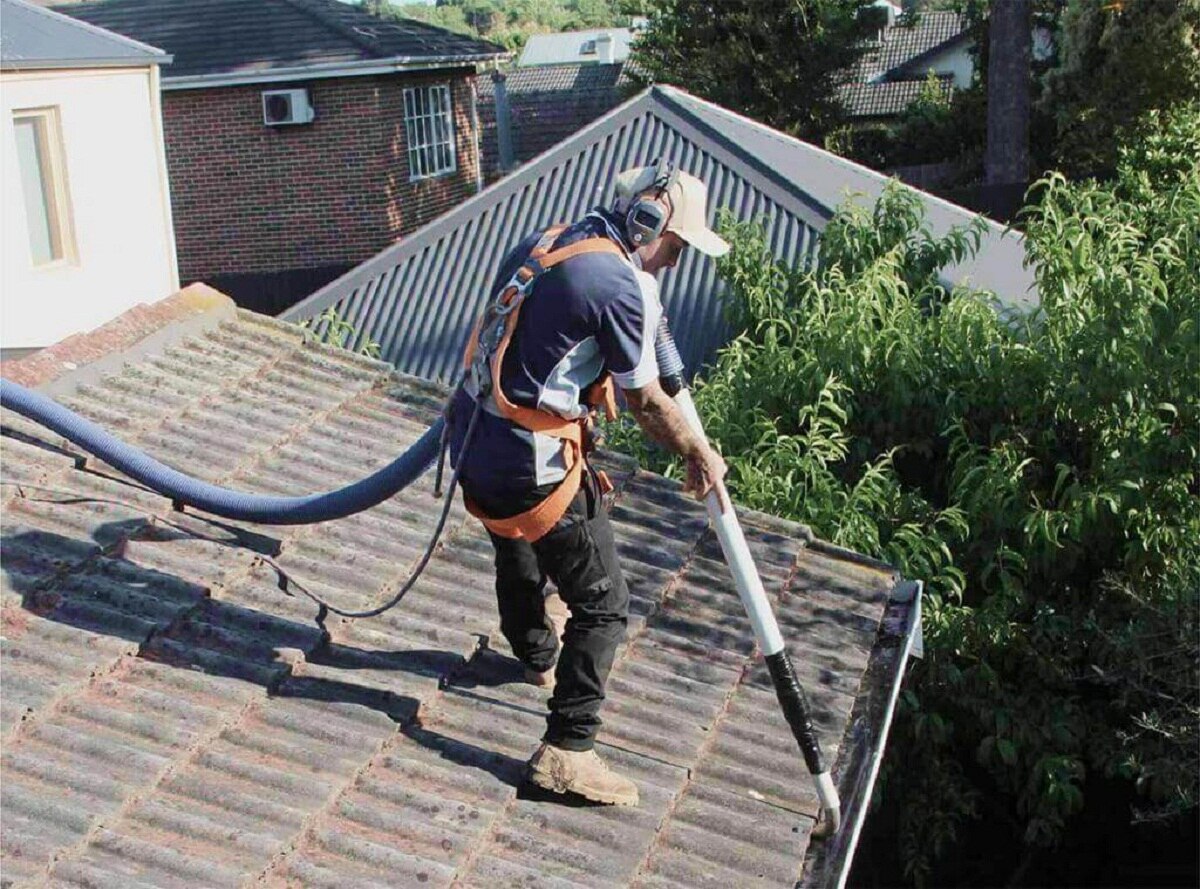
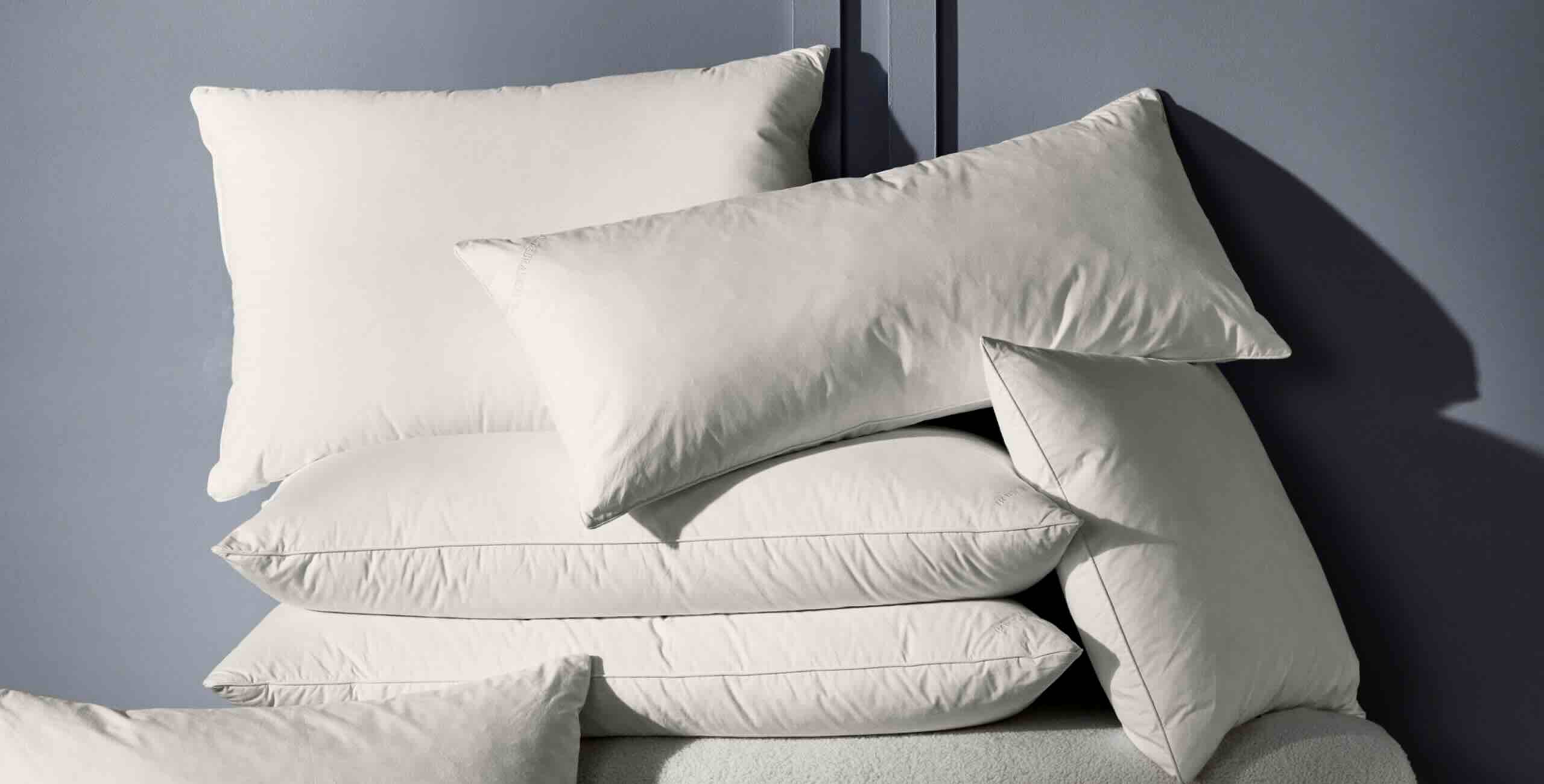
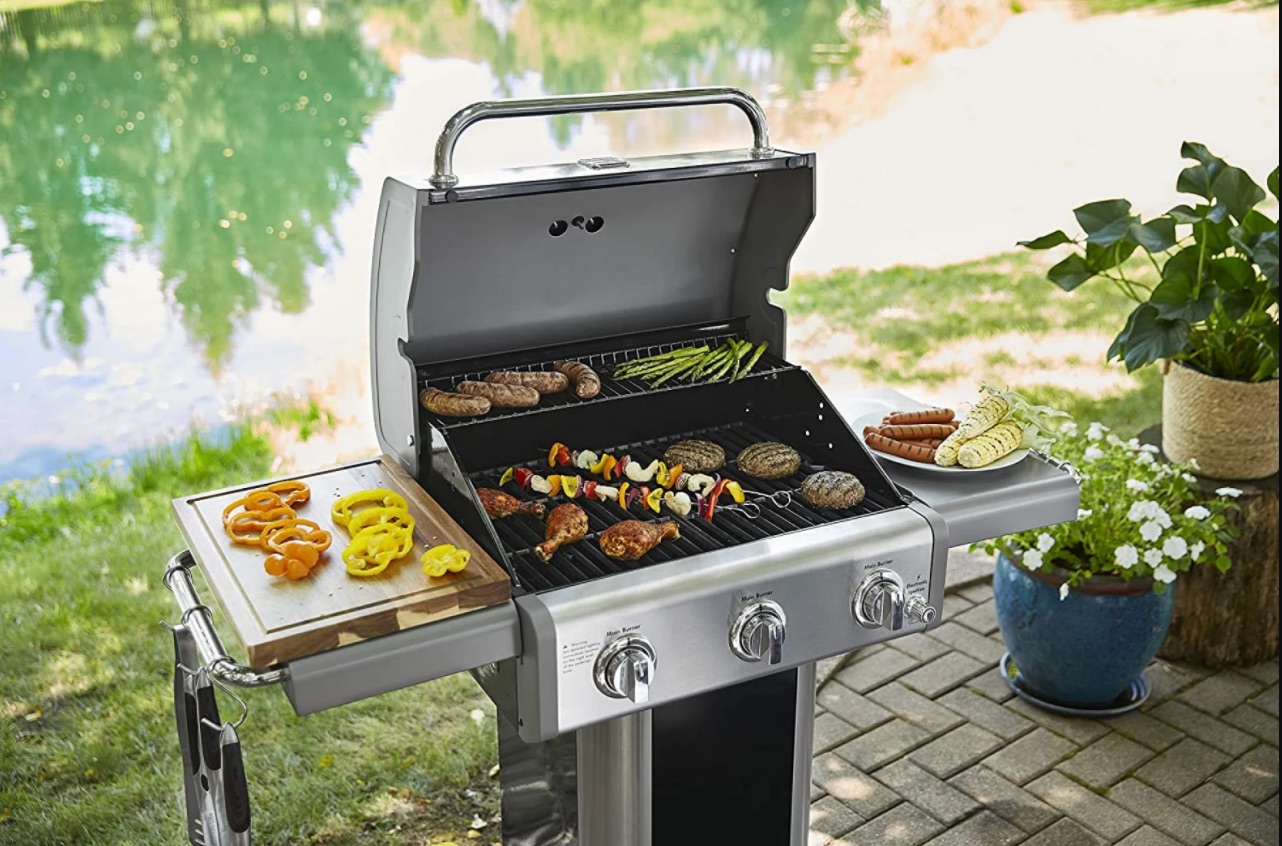
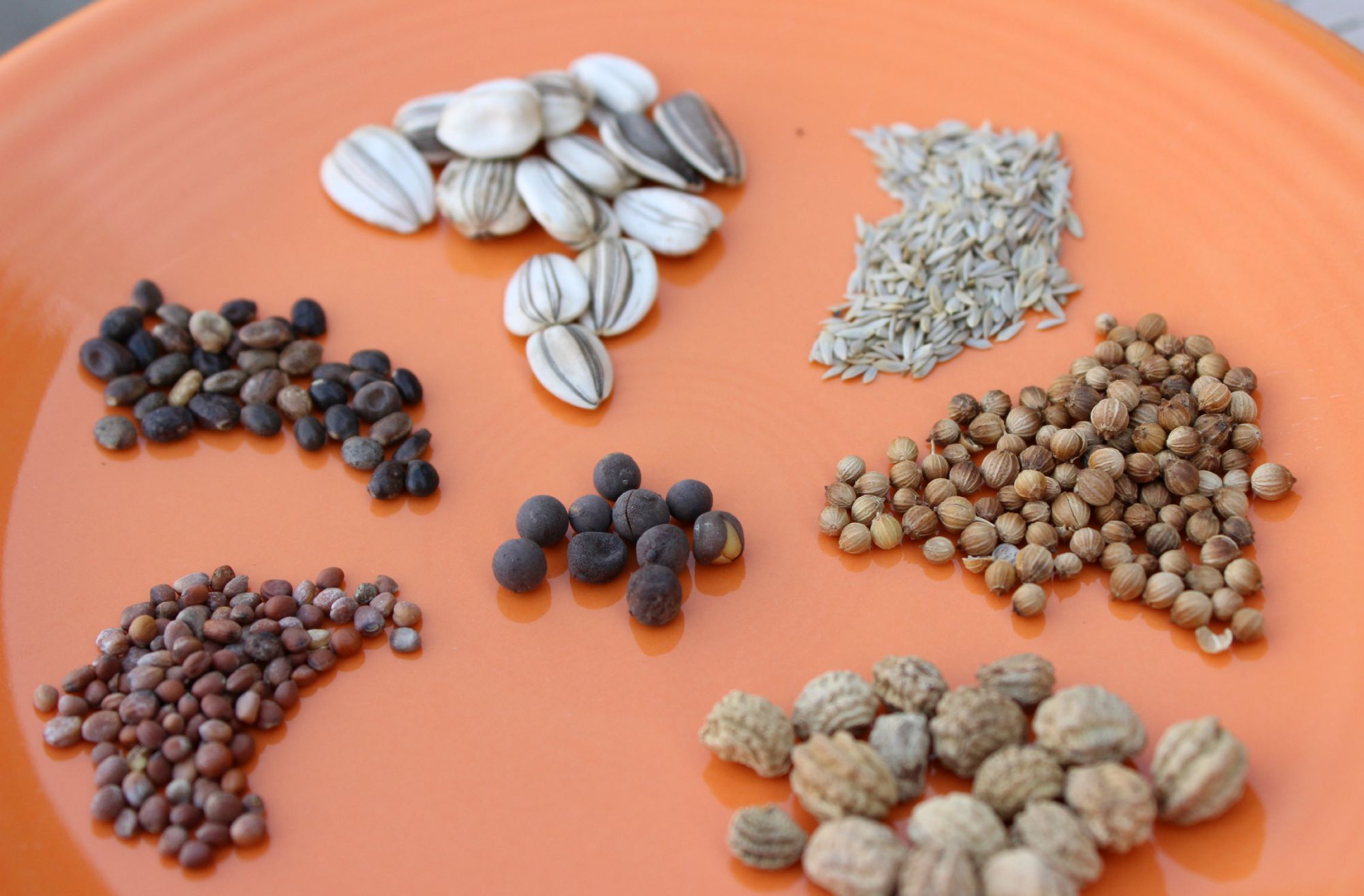
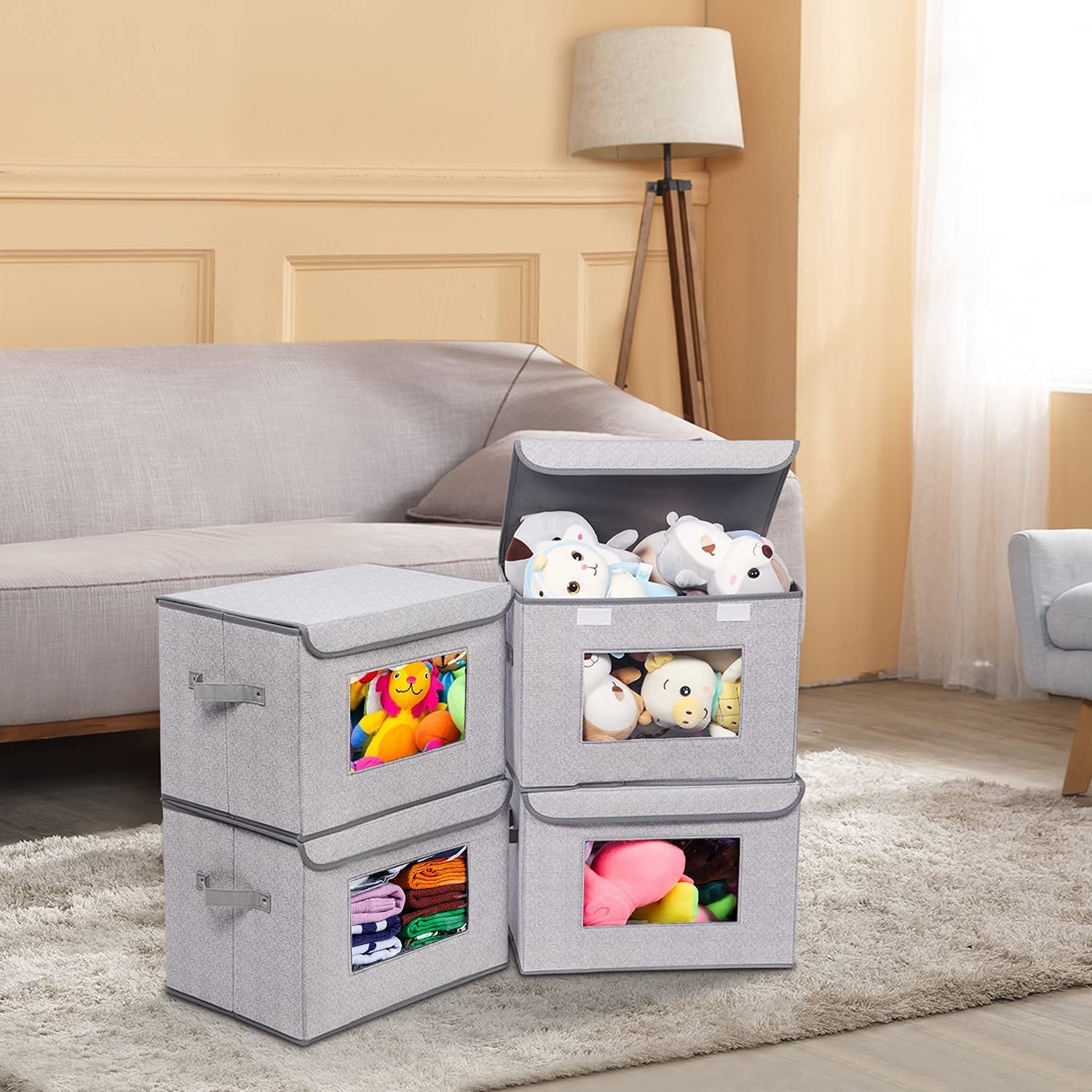
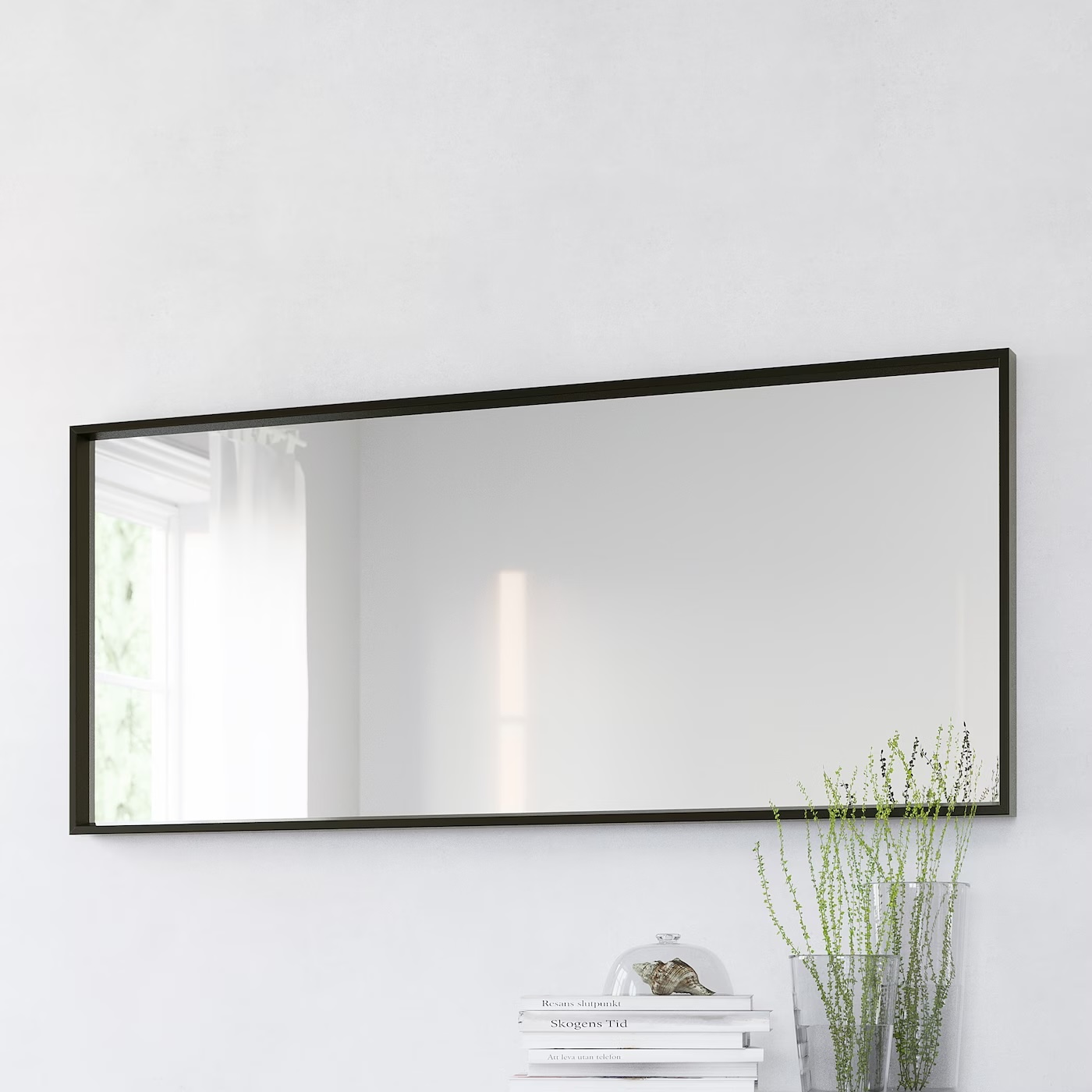
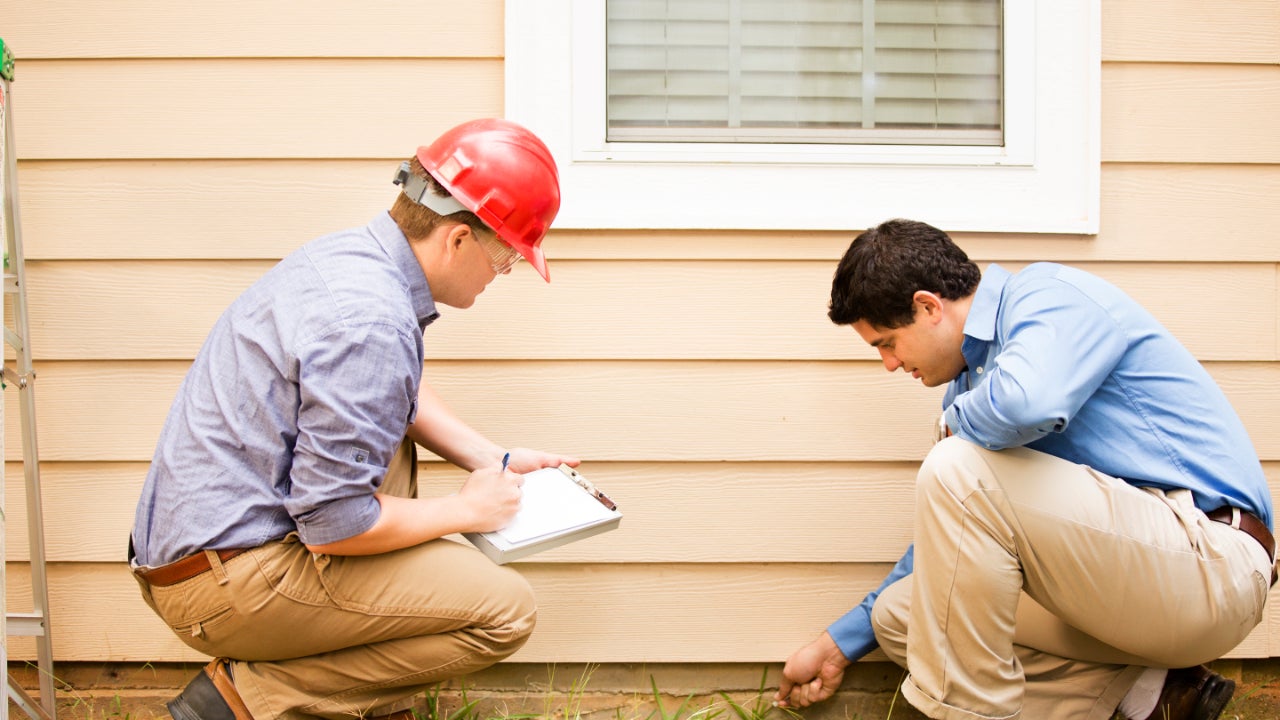
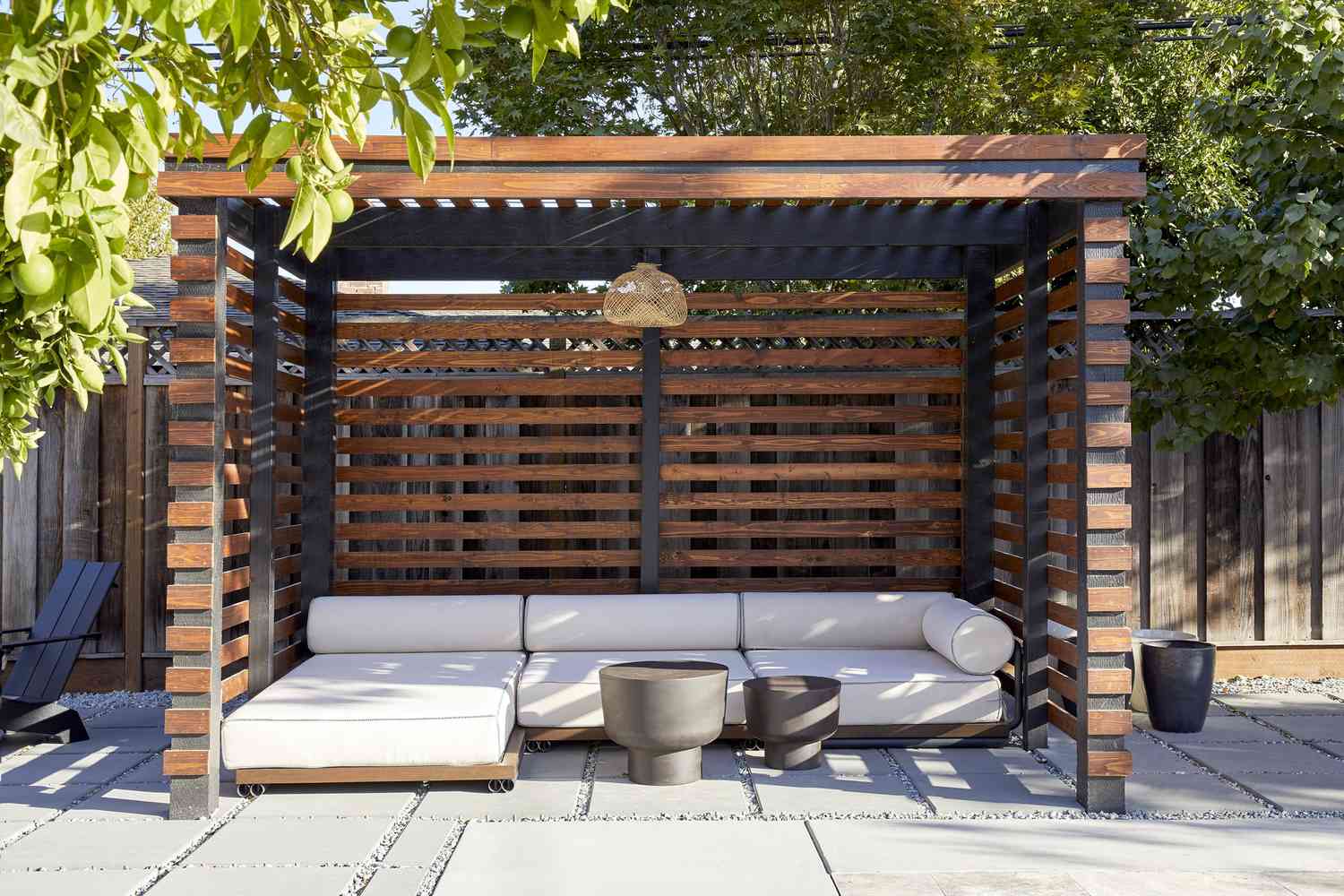
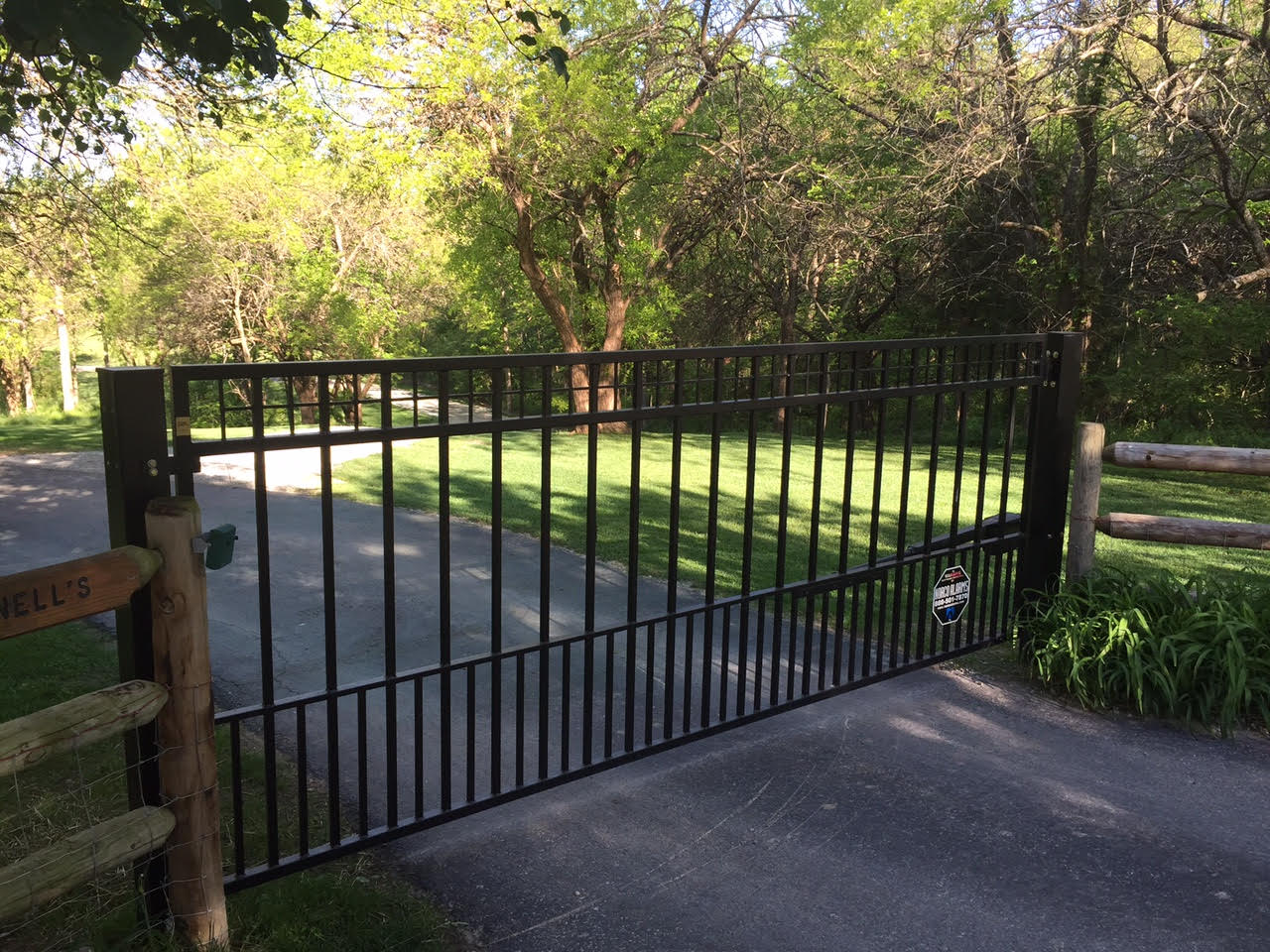
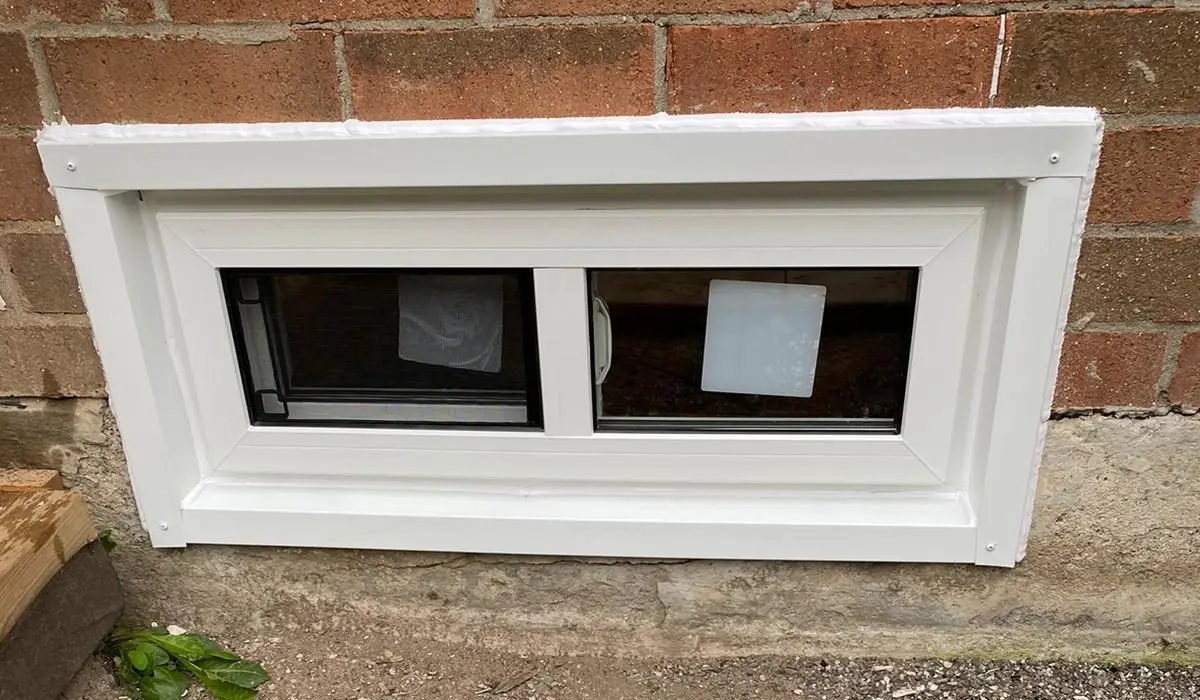
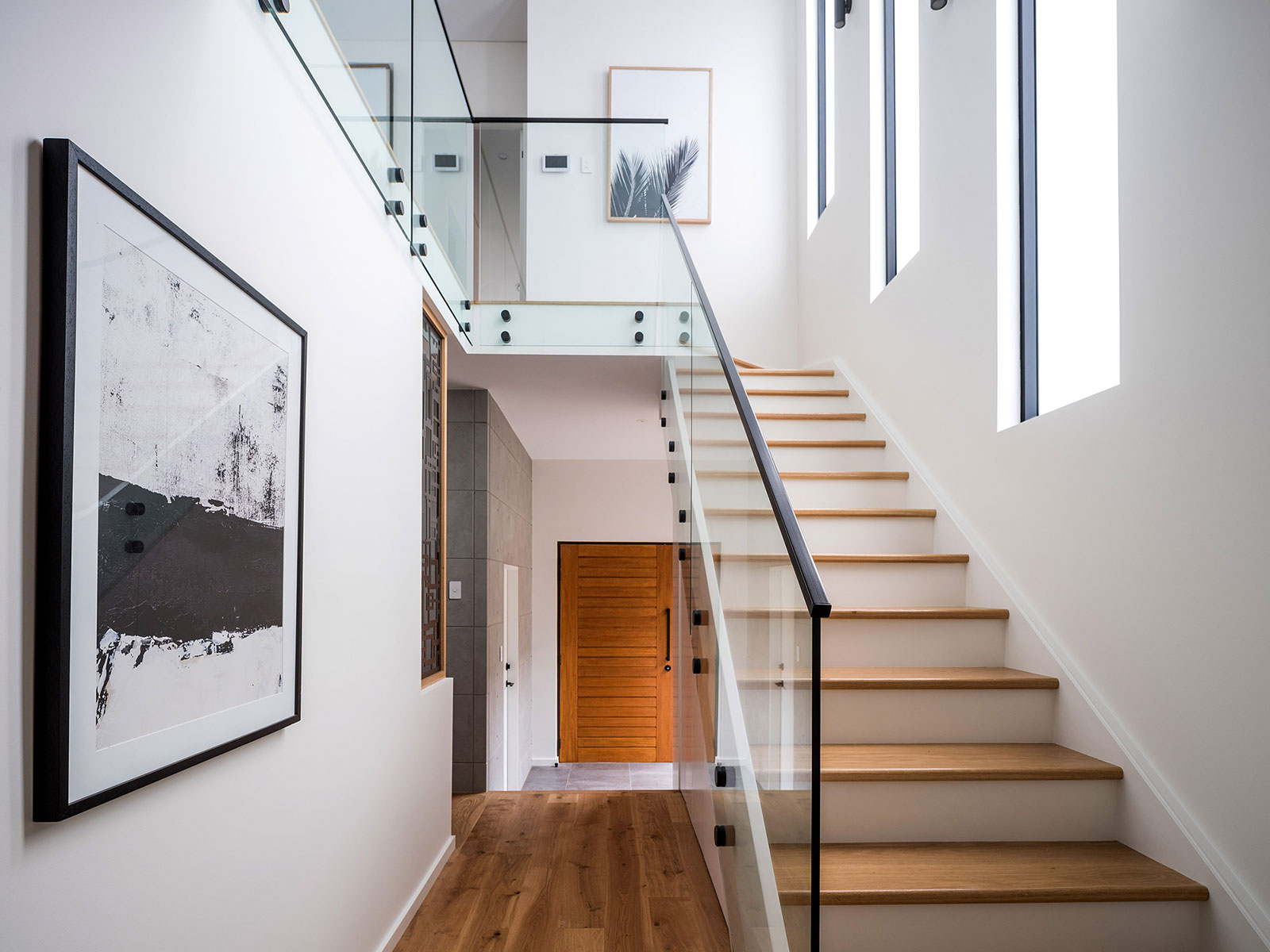
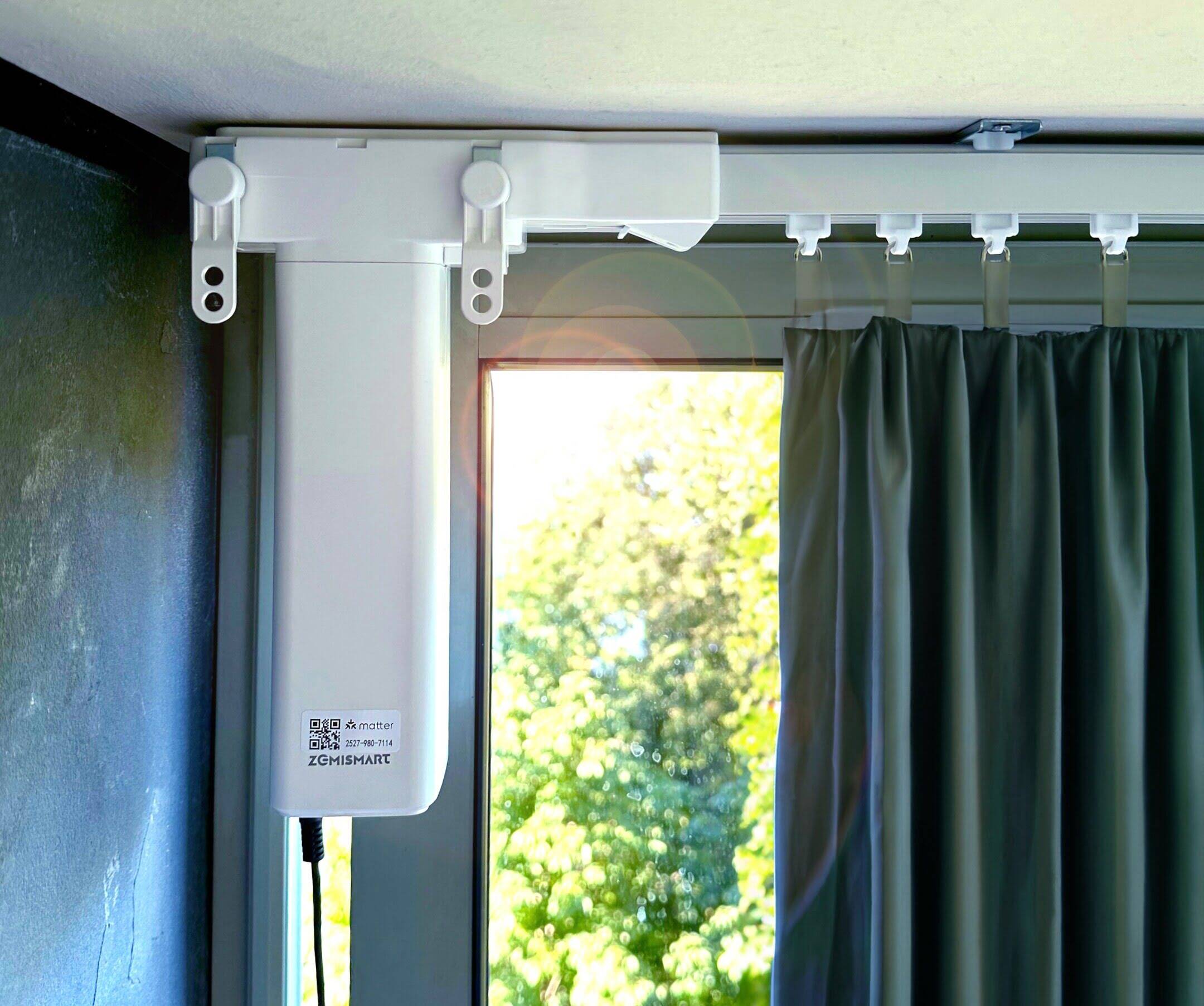

0 thoughts on “How Much Do Gutters Cost”